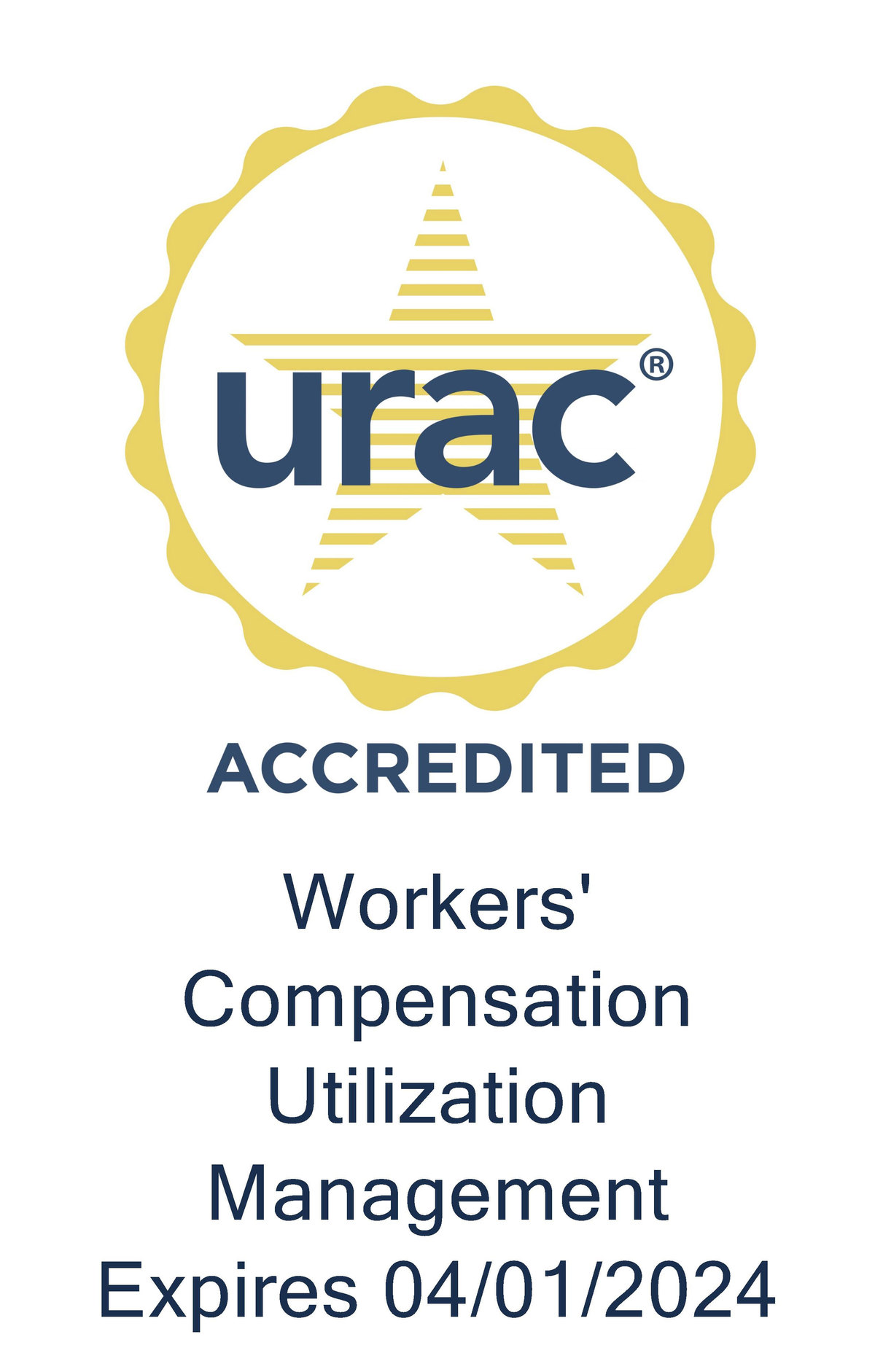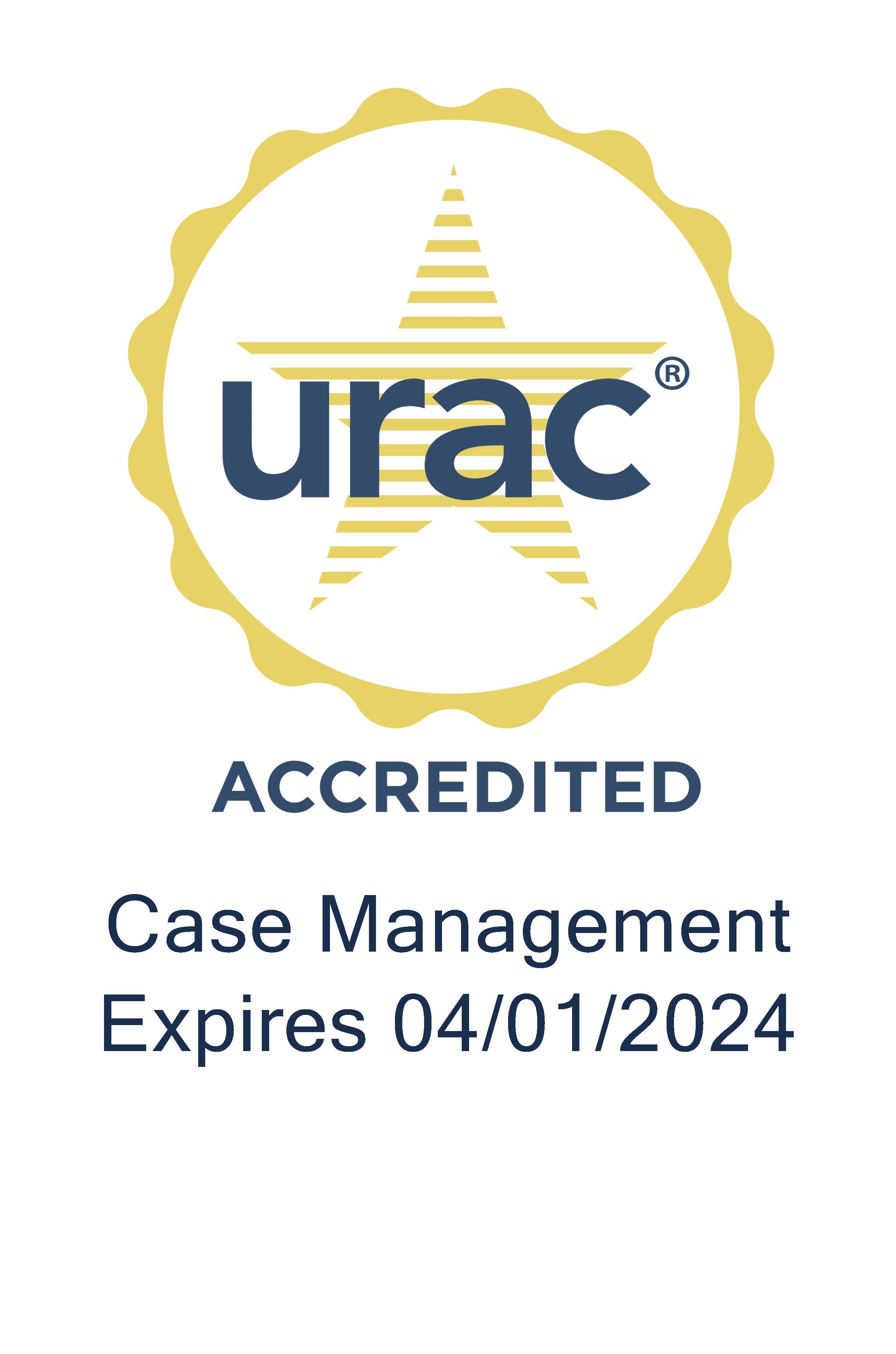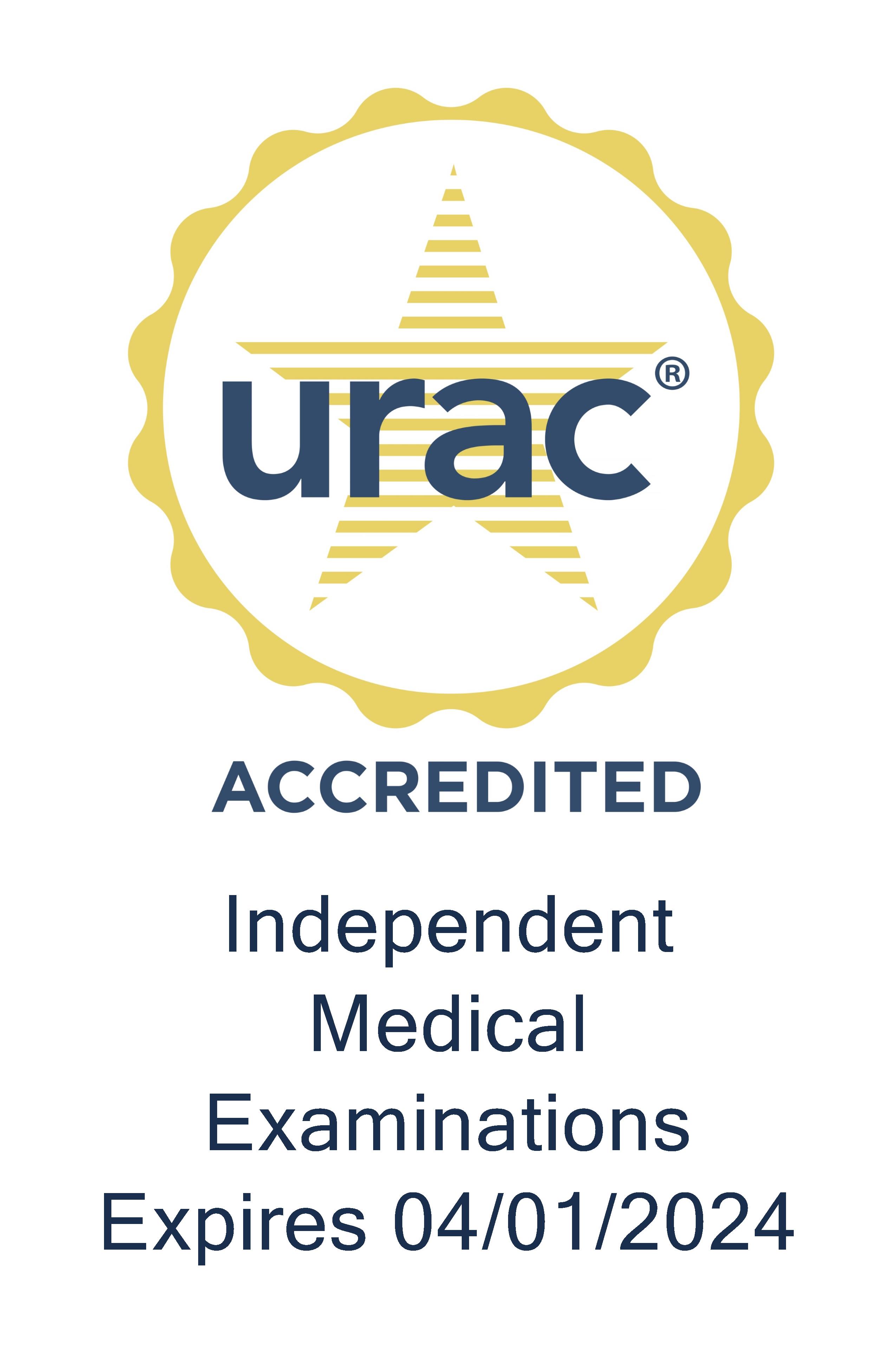Amidst an ongoing nursing shortage, workers' comp recruiters are tasked with finding nurses who can make the transition from clinic to case management. As Debbi Bromley, Genex Senior VP of Human Resources, explains, it’s a unique role for those who have the skills to manage cases and are looking for a little more flexibility.
{{ script_embed('wistia', 'rjyik72mcf', ' ', 'thumbnail=255px,450px,popover') }}
Tom Kerr (TK): I’m Tom Kerr. As the industry tries to attract younger professionals into workers’ comp, those that employ case managers have a different challenge: how to recruit nurses with clinical experience to serve in a role that’s not so hands-on. Today, we’re talking with human resources expert Debbi Bromley to find the answer.
Debbi, how do you go about finding nurses willing to make that transition?
Debbi Bromley (DB): I would say that there's still a struggle for case management in the sense that they don't even know that workers' comp exists sometimes, we're a small niche. So we have to do that promoting. We have to look for nurses that no longer are interested in clinical work, and, believe it or not, a lot of them don't even know that case management is an option.
So, we have to find those nurses. We have to get information in front of them that tells them, "This is a career option for you. If you don't want to be in a hospital anymore doing shift work — doing a 12 to 12 — case management offers you work‑life balance.”
It’s a different niche, and quite frankly, sometimes it's hard to get nurses, because a lot of nurses go to nursing school because that's what they think they want to do. They want to be in a hospital. They want to do clinical‑type work, and our work is a little different.
TK: When do you start educating nurses about case management as a career?
DB: So, it's getting that information to the colleges, which is what we are attempting to do with our case management scholarship program. It's about letting nurses know early in their career that, "When you're done with clinical, come over here."
It's getting in touch with some of the professors, in their curriculum, to talk about other nursing opportunities. And, we try to do it effectively by going out and reaching out to nurses, whether it's online through our career opportunities, we make sure that more nurses see what we can do.
TK: What type of factors do you look for in a future case manager?
DB: Case management requires, other than being a great nurse, having empathy for patients, being a great communicator. It also requires an enormous amount of organizational skills and precision, because case management can be a difficult job if you don't stay organized.
Case management, at least in the way we do it, it's a hands‑off approach, and obviously our nurses don't touch patients as they do in the clinical environment, so I think there's that transition that they have to make. They have to realize it's advocacy. It's working with that patient. It's working with the doctor and influencing their thinking about treatment. There's a lot of constituents in the process, but, it is a change. It's a shift in how they saw themselves professionally.
TK: What are some of the advantages for a nurse to become a work comp case manager?
DB: We always say a lot of it is work‑life balance, because you can make your own appointments. You schedule your day. You do have a certain amount of work you have to do on a monthly basis, but you have a lot of freedom to act in how you schedule that versus in a clinical environment where you have to be there 12 to 12.
And what it allows our nurse case managers to have that a lot of other opportunities that they may want to look at don't have is that balance. Our nurses can take off in the middle of the afternoon to go see a teacher about one of their children or they can go to their own doctor appointment, which they don't have the opportunity to do in clinical environments. So, I think it offers them a different lifestyle, but they have to be ready to adapt to it and realize there aren’t going to be shifts.
TK: Thanks, Debbi. If you enjoyed this edition of Inside Workers’ Comp, we hope you take time to catch up on other Inside Workers’ Comp podcasts, now available on the Apple Store and Stitcher. Until then, thanks for listening.






